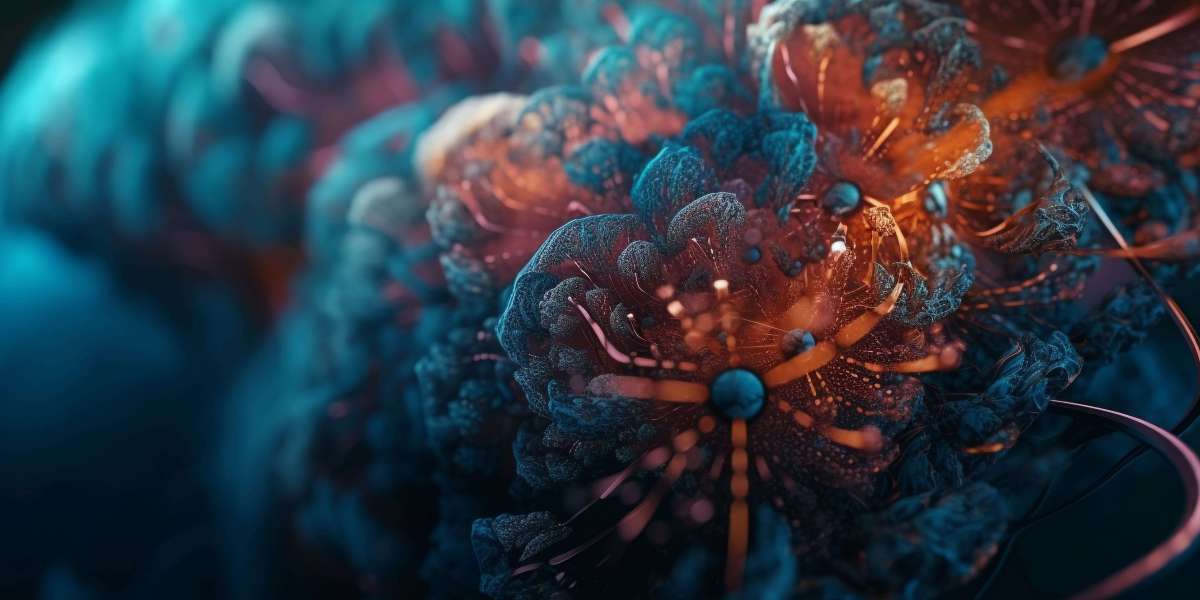Breast cancer remains one of the most prevalent cancers worldwide, and understanding it correctly is vital for effective prevention and treatment. Despite significant advancements in breast cancer research and awareness, several myths still persist. Here, we demystify seven of the most common myths about breast cancer to enhance awareness and promote accurate knowledge.
Myth: Breast Cancer Only Affects Women with a Family History
One prevalent myth is that breast cancer only affects those with a family history of the disease. While having a family history of breast cancer can increase risk, most people diagnosed with breast cancer have no known family history. According to statistics, about 85% of women with breast cancer have no close relatives with the disease. Regular screenings and being aware of breast cancer symptoms are essential for everyone, regardless of family history.
Myth: Breast Cancer is Always Detectable with a Lump
Many believe that a noticeable lump is the only sign of breast cancer. While lumps are a common symptom, breast cancer can also present in other ways. Symptoms might include changes in breast size or shape, persistent pain, or skin changes. Additionally, some breast cancers are detected through mammograms before any symptoms appear. Understanding the range of breast cancer symptoms and undergoing regular screenings are crucial for early detection.
Myth: Young Women Do Not Get Breast Cancer
Another common myth is that breast cancer only affects older women. In reality, breast cancer can occur at any age, although the risk increases with age. Young women can and do develop breast cancer, and it is essential for women of all ages to be aware of their breast health and engage in appropriate screening practices.
Myth: Wearing a Bra Increases Breast Cancer Risk
There is a myth that wearing bras, especially underwired ones, increases the risk of breast cancer. This idea has been debunked by scientific research. Multiple studies have found no evidence linking bra use with breast cancer risk. Breast cancer awareness should focus on evidence-based practices like regular self-exams and screenings rather than unfounded theories.
Myth: Breast Cancer Treatment Always Involves a Mastectomy
Some believe that a breast cancer diagnosis always leads to a mastectomy (surgical removal of the breast). However, treatment options vary widely based on the type and stage of breast cancer. Treatments may include lumpectomy (removal of the tumor and a small margin of surrounding tissue), radiation therapy, chemotherapy, hormone therapy, and targeted therapies. A tailored approach based on individual diagnosis and patient preferences is increasingly common.
Myth: If You Have Breast Cancer, You Will Not Survive
The prognosis for breast cancer has improved significantly with advances in treatment and early detection. The survival rate for breast cancer has increased due to improvements in treatment options and early diagnosis. Many people live long and fulfilling lives after a breast cancer diagnosis, underscoring the importance of early detection and modern treatments.
Myth: Breast Cancer Awareness Month is Just About Raising Awareness
While Breast Cancer Awareness Month (October) is crucial for spreading awareness and education, its impact goes beyond just raising awareness. The month also focuses on fundraising for research, supporting those affected by breast cancer, and promoting early detection practices. The efforts during this month contribute significantly to advancements in breast cancer treatment and support services.
Conclusion
Dispelling myths about breast cancer is essential for improving awareness and encouraging proactive health measures. By understanding the facts, women and men can make informed decisions about screening, prevention, and treatment. During Breast Cancer Awareness Month and beyond, let’s commit to spreading accurate information and supporting those affected by breast cancer.
Trending Reports
Advanced Recurrent Ovarian Cancer Market | Aids Related Kaposi’s Sarcoma Market | Alkaptonuria Market | Anti-gbm Market | Cancer Anorexia Market | Chronic Rhinosinusitis Phenotype With Nasal Polyps Market | Duchenne Muscular Dystrophy Market | Hyperopia Market | Nonmuscle Invasive Bladder Cancer Market | Oral Mucositis Om Market | Severe Hypertriglyceridemia Market | Antibody Mediated Rejection Market | Bk Virus Infection Market | Human Papillomavirus Positive Cancer Market | Intrahepatic Cholangiocarcinoma Market | Anovulation Market | Anti-cd274 Pd-l1 Antibody Pipeline | Antibody-mediated Rejection Market | Bone And Joint Infection Market | Bradycardia Treatment Devices Market | Cardiorenal Syndrome Market | Facioscapulohumeral Muscular Dystrophy Market | Menorrhalgia Market | Postmenopausal Vaginal Atrophy Market | Uncomplicated Urinary Tract Infections Market | Balloon Catheters Market | Cervical Intraepithelial Neoplasia Market | Cutaneous Lupus Erythematosus Market | Vascular Dementia Market | West Syndrome Market








